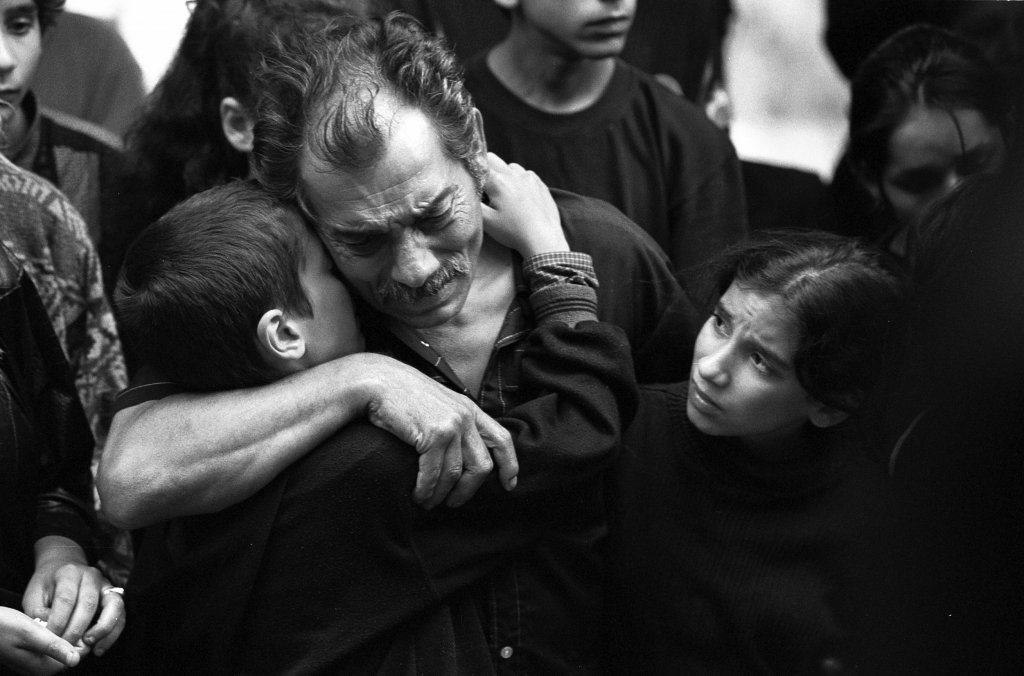Excessive Force, Unlawful Detention
13 October 2014
By Adam Weiss and Michal Zalesak
On 16 June 2013, a 32 year-old man we’ll call E was going about his everyday life. Like many others from the ‘Budulovska’ neighbourhood in Moldava nad Bodvou (Slovakia), he took part in an event organised by a local NGO. Proceedings were disrupted by a police patrol that entered the neighborhood as the music equipment was being packed up. For reasons that still remain unclear, a fight broke out between the police officers and some of the young people including E. He was taken away to the police station, and the police opened an investigation against him. The investigation was subsequently concluded on 27 August 2013.

It all sounds routine enough. But there are a few more facts that make this case exceptional. For E is a young man of Romani origin. The Budulovska neighborhood is a Roma-only settlement in this Eastern Slovakian town.
In the last 15 months, the ERRC has documented at least five police raids which took place in Romani settlements in Eastern Slovakia. They all shared the same pattern – extensive use of force and vague allegations followed by ineffective reviews or investigations. The police raid in Moldava nad Bodvou was the latest in a long series, it was also the raid which attracted the greatest publicity both within Slovakia and abroad.
Another unusual fact which may have contributed to this attention was that E was diagnosed during the investigation as having an intellectual disability, (imbecilitas mentis), which prevented him from comprehending the consequences of his behaviour and limited his ability to control it. Such a disability would have left him confused and particularly vulnerable in detention. And yet, despite the fact that the Code of Criminal Procedure requires that a detainee be released immediately from custody once such a diagnosis is established, E was kept in detention for several weeks after the expert witness opinion was delivered to the investigator.
The ERRC found E a lawyer and worked closely with him. Yet it still took some time, and much effort to get E released from detention. He was released and the police officer responsible for his detention was sanctioned. Violations in this case abound: unlawful detention; unlawful interference with the right to respect for private life; inhuman and degrading treatment; multiple discrimination (on grounds of disability and ethnicity). The ERRC has been able to achieve a partial positive outcome in this case, but the case continues.




